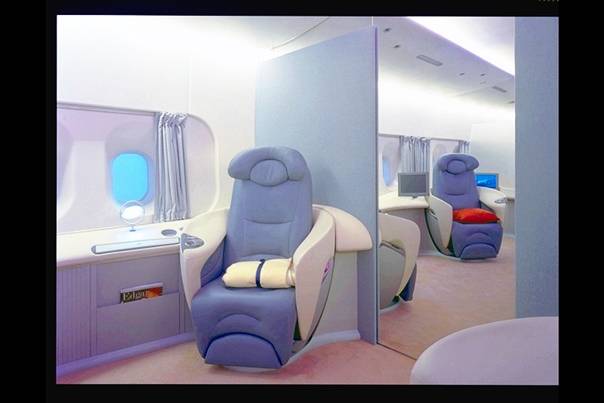Like myself, people who don't follow college football are mystified by the Bowl Championship Series, if, indeed, we care at all about the subject. Football is the only college sport that doesn't determine its national champion on the field. Instead, through a complex set of algorithms, computers determine the leading teams and attempt to match the top two in one of the major bowl games held over the holiday season. The winner of the game is the national champion.
This year the computers blew a gasket. The University of Oklahoma, which was undefeated and which everyone thought was head-and-shoulders above any other team in the country, got blown out by Kansas State,
35-7, two weeks ago. (Kansas State University has three losses and cannot be a contender for the national championship.) The University of Southern California suffered an early loss to the California Bears (Bay Area connection!) but rolled through the rest of the season and is at the top of the
polls. However, the BCS computers say that Oklahoma and Louisiana State University should play off for the championship in the Sugar Bowl. USC will play the University of Michigan in the Rose Bowl, and, if USC wins convincingly, the Oklahoma-LSU victor will wear a hollow crown.
A similarly empty victory awaits George W. Bush in next year's election. Senator Hillary Clinton is by far the
strongest candidate that the Democrats can run in the Presidential race. She has name recognition,
passionate supporters, unmatched fund-raising ability, and is credibly strong on defense. The latter trait is particularly important because, unlike Howard Dean, she will be palatable to the majority of Americans who support a strong military, and she will capture the vote of anti-war Bush haters in any event.
Why is it important for Republicans, as well as Democrats, to want President Bush to face Senator Clinton in 2004?
- For the good of our country we should always wish to have the strongest candidates run for the top office, even if that increases the chances that “our” candidate may lose.
- If President Bush does indeed run against and defeat Senator Clinton, he will have a greater claim to a mandate for his agenda (stomping all over a loose cannon like Howard Dean will not necessarily mean that the Democratic Party’s views have been repudiated).
- A Dean nomination and loss will cause the Democratic Party to adopt a “wait for ‘08” attitude when the Party may really need a top-to-bottom overhaul of its ideas and methods. If Hillary runs and loses, especially if she loses badly, the Democratic leadership will be out of excuses. For the sake of a strong two-party system we should want the Democratic Party to embark on its transformation sooner rather than later.
There are recent examples of admired politicians (Mario Cuomo, Colin Powell) whose political capital evaporated when they did not use it. Hillary Clinton’s stock has never been higher, and as another Washingtonian was fond of saying a generation ago,
the future is now.
[
Update (12/31/03): Like many others,
Dick Morris foresees defeat for the Democrats if Dean is nominated:
Usually it takes two or three defeats before the party regains its senses and realizes that catering to its extremist elements only courts disaster. After a Barry Goldwater, it embraces a Richard Nixon. Recovering from the disaster of George McGovern, it nominates Jimmy Carter. But sometimes it takes repeated defeats - as with Mondale and Dukakis in the '80s - before a party recovers its senses and nominates a Clinton. It will be interesting to see how soon the Democrats wake up and realize that they can't let their party be hijacked by the left without writing off the general election. But the wake-up call is unlikely to come until after Bush is safely re-elected.]
© 2003 Stephen Yuen





